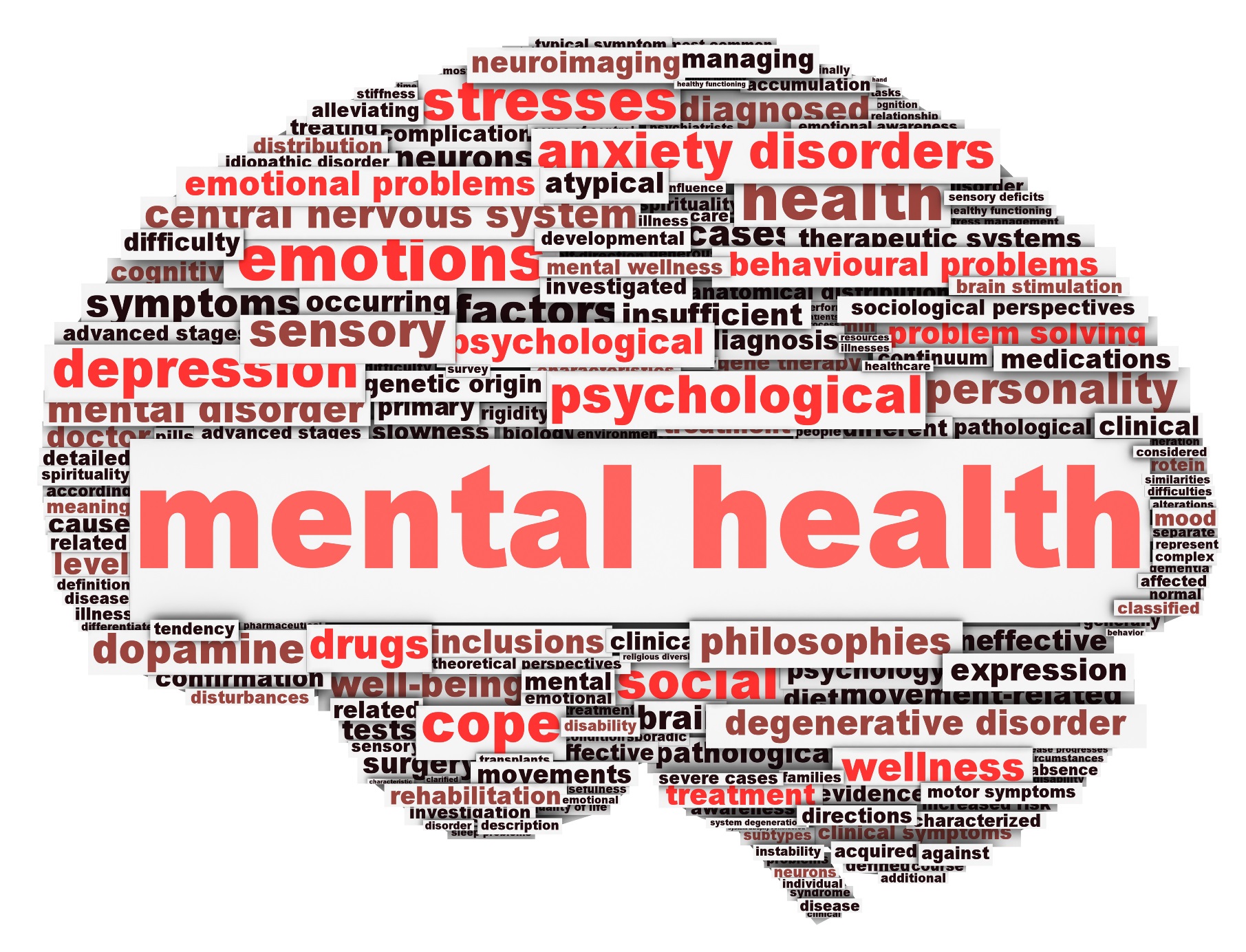Accessing Top-tier Mental Health Services Made Easy
Accessing Top-tier Mental Health Services Made Easy
Blog Article
Understanding the Effect of Exercise on Mental Health and General Wellness
Beyond its physical advantages, the impact of workout on one's psychological wellness has been a topic of expanding interest and research - Mental Health Services. As we navigate with the complexities of this relationship, a deeper understanding of exactly how workout influences our psychological state and overall health emerges, dropping light on the extensive implications it holds for our everyday lives and long-lasting wellness.
Advantages of Exercise on Mental Health

Normal physical exercise has actually been shown to considerably boost psychological health end results in individuals of all ages. Participating in normal workout not only advantages physical wellness but additionally plays a vital function in enhancing psychological health. One of the primary benefits of exercise is its capacity to decrease symptoms of anxiety and clinical depression. Exercise boosts the release of endorphins, likewise referred to as the "feel-good" hormonal agents, which can help relieve sensations of stress and enhance mood.
Additionally, workout has been linked to enhanced cognitive function and total brain health and wellness. Furthermore, workout advertises much better sleep patterns, which are necessary for preserving great mental health and wellness.

Link Between Workout and Tension
Exercise offers as a potent mechanism for alleviating anxiety and promoting psychological well-being by promoting the launch of endorphins and cultivating a sense of relaxation and renewal. Workout promotes the production of endorphins, frequently referred to as the body's all-natural painkillers, which act as mood elevators and stress and anxiety relievers.
Taking part in exercise additionally supplies a distraction from everyday stress factors, enabling people to concentrate on the here and now moment as opposed to ruminating on sources of anxiety. Furthermore, workout can enhance self-confidence and self-confidence, supplying a feeling of achievement and control that can combat feelings of helplessness usually linked with stress. By incorporating workout right into a normal routine, people can successfully handle tension levels, resulting in improved mental well-being and total lifestyle.
Influence of Workout on State Of Mind
Participating in physical activity has been shown to dramatically influence one's state of mind and psychological well-being. The relationship in between exercise and mood is well-documented, with various researches highlighting the positive effects of exercise on psychological health and wellness. When we participate in exercise, our bodies launch endorphins, frequently recognized as "feel-good" hormones, which can help alleviate sensations of anxiety, stress and anxiety, and depression. Furthermore, regular exercise can lead to boosted self-confidence and a feeling of achievement, which can better improve one's total mood.
Furthermore, the effect of workout on mood prolongs beyond just the prompt post-workout duration. Research suggests that people that preserve a constant workout regimen are more probable to experience long-term renovations in their mood and emotion. This can be credited to the architectural modifications in the mind that occur as a result of routine physical task, such as raised connectivity between brain areas in charge of managing emotions.
Workout and Cognitive Feature
Countless researches have actually shown the significant impact of exercise on cognitive function, highlighting the elaborate connection between exercise and psychological processes. Involving in normal exercise has actually been revealed to boost various aspects of cognitive feature, consisting of memory, interest span, analytical skills, and general mental acuity. Exercise stimulates the release of natural chemicals such as dopamine and serotonin, which play important functions in cognitive function and mood regulation. Additionally, exercise promotes the development of brand-new brain cells and strengthens learn the facts here now the connections in between them, causing enhanced cognitive performance.
Additionally, consistent physical activity has actually been linked to a decreased threat of cognitive decline and neurodegenerative diseases such as Alzheimer's. Studies recommend that individuals that maintain an energetic way of living throughout their lives experience slower rates of cognitive decrease compared to those that are sedentary. Generally, the evidence overwhelmingly supports the idea that normal exercise is not just valuable for physical health and wellness but also plays a vital role in protecting and enhancing cognitive function.
Techniques for Including Exercise
Taking on a structured technique to incorporating exercise into daily regimens can significantly enhance the likelihood of keeping a constant workout regimen. One reliable method is to establish particular, possible objectives. These goals need to be realistic and tailored to specific capacities to avoid feelings of failing and make certain motivation. Furthermore, including exercise into existing regimens, such as strolling or biking to work, taking the staircases rather than the elevator, or scheduling regular workout sessions, can assist make exercise a habitual part of every day life.
One more beneficial technique is to discover activities that are satisfying. Whether it's dance, yoga exercise, swimming, or biking, involving in tasks that bring satisfaction boosts the opportunities of sticking with the exercise routine over time. Additionally, varying the sorts of exercises and alloting time for both cardio and strength-training activities can stop monotony and supply an alternative method to fitness.
Including exercise into social tasks, such as joining a sports group or workout team, can likewise cultivate a sense of community assistance and responsibility, making it easier to remain committed to regular workout. By carrying out these methods, individuals can produce a sustainable and meeting exercise regimen that promotes psychological health and total wellness.
Conclusion
In final thought, workout has various benefits for mental health and wellness and total wellness. By recognizing the influence of exercise on mental health and wellness, people can take aggressive steps to prioritize their physical activity and enjoy the favorable read this article results on their psychological and psychological state.

Report this page